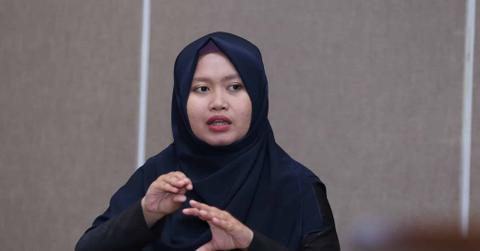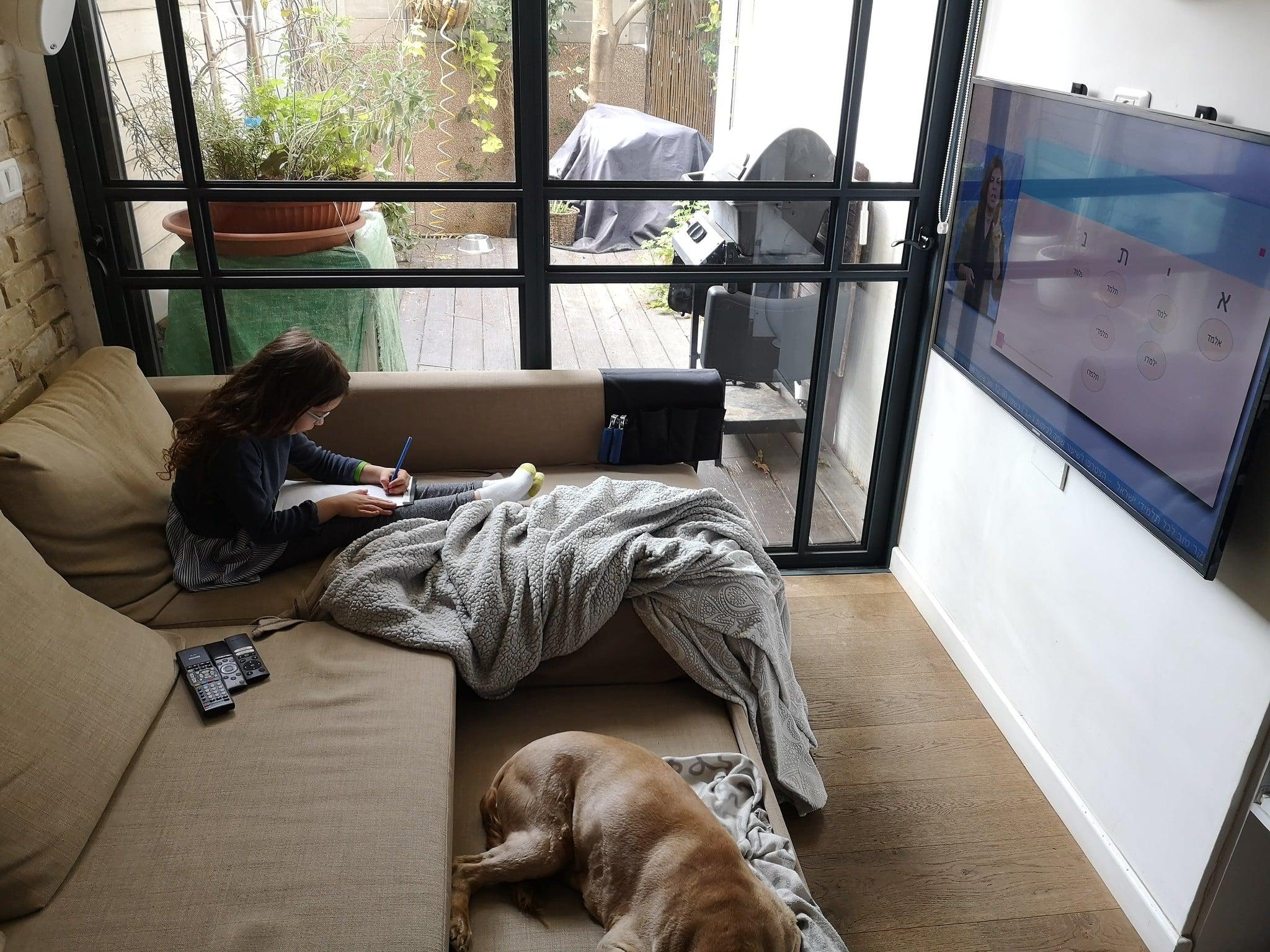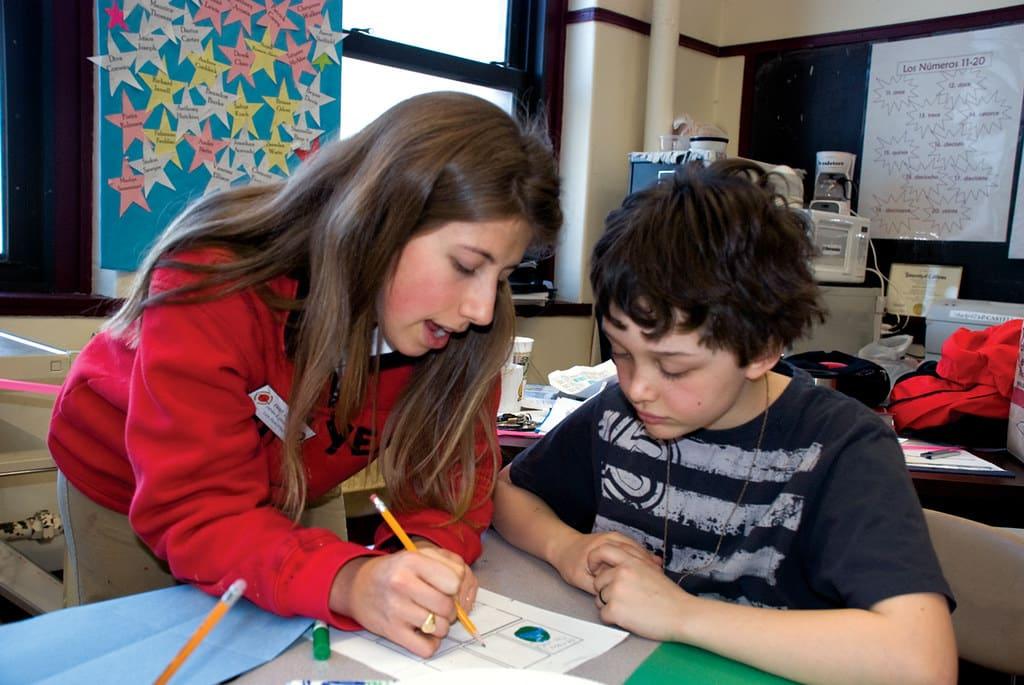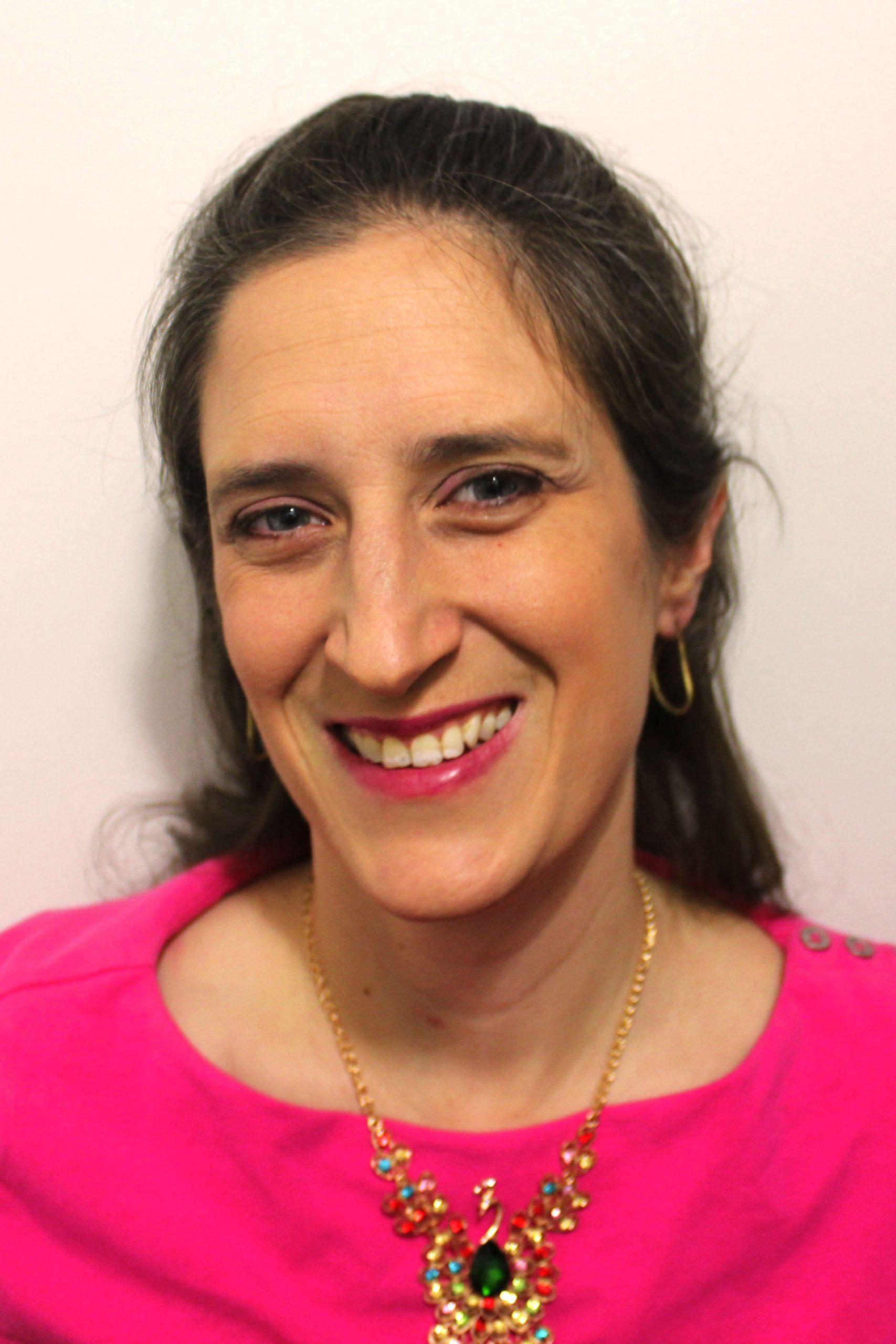Moms Weigh In On How Families With Special Needs Are Coping With Remote Learning
Between 2018 and 2019, a massive 14% of public school students required some form of special accommodations in their schooling. This included students between three and twenty-one years old across America.
This year, with all of the additional challenges faced in schooling, we’re noticing more and more parents and families are struggling to keep things going while educating their kids via remote learning. Those with special education needs, especially so.
Special Accommodations Needed Mean Big Challenges For Parents
Julia, the sixth-grade daughter of Amy Newman of Anchorage, Alaska, has cerebral palsy. “Her disabilities are all physical. She needs help setting up her workstation (though she can navigate her Chromebook and Zoom classes and online work herself). She can write her homework and/or type papers, but she is slow with it. Her handwriting deteriorates over time as she tires, which makes it mostly illegible.”
The setup for schoolwork each day is the least of her challenges as a parent. She told me, “The difficulties are mostly social and the impact it has on my ability to work. Because of her handwriting issues, I have to help her write her math homework and other assignments, which can take a while if she decides she doesn’t feel like doing work or is just generally uncooperative. That means I am often working in the evening or on weekends to complete my own work. I also often need to stop what I’m doing in the middle of class to get her things – a pencil she dropped, to flip a piece of paper, to grab a book we didn’t know we’d need – which also extends my work time.”
On the surface, these kinds of challenges don’t sound “horrible,” but when you take into account the extended hours that parents put in for work from home, it adds up.
Newman told me that there’s not really been anything that helps her face these challenges. “We worked out something for math where her aide will log on and help her write out the practice lesson, but that only takes 15 minutes at most, and it pulls her away from the main class, the lesson, and the teacher, so is not ideal. The challenges would only be alleviated with a 1:1 aide, and that’s not possible with COVID and us being at home [and] although we’re making it work – and from what I read on our school’s parents page and overhear during her Zoom’s, we’re doing much, much better than most.”
Co-Parenting From Two Homes
An anonymous woman from Portland, Oregon, with a 14-year-old child faces different challenges. Her non-binary child has ADHD, FASD (fetal alcohol syndrome disorder), and developmental disability.
The woman shares, “The challenge with remote learning, for us, like so many other families is that my ex and I (we’re divorced but she and I co-parent really actively and really well together) both work full-time. She is able to be home on the weekdays she has the kid, but she’s doing remote hospital social work. And I’m home doing remote sessions with my clients or remote supervision of my counseling students. So, maintaining our own full work schedules and also trying to monitor and manage school is next to impossible.”
She adds, “We are fortunate that our kiddo qualifies for Developmental Disability services through the county so they have a PSW (personal support worker) who is here 5.5 hours a day 4 days to a week to manage. They are able to give our kid the 1:1 support our kid has always needed for school and would never get in their public middle school. If it weren’t for the amazing PSW we found who really clicks with our teen, remote learning would be an utter nightmare.”
Despite this great and amazingly rare personal support worker the family has found, the teaching itself is a big problem. She notes, “The teaching that is happening from the teachers directly is not really helping my kid much at all. The learning they are doing comes from the active support and teaching that the PSW is doing with them. So, I would say that what we are getting from the teachers in an hour of live instruction a week per 7 classes is not really that helpful.”
There Is Some Good At Least
While the system is dramatically failing a large portion of the students who have disabilities, there are some mothers who’ve benefited from some of the changes.
Kacie Mann is an American parent who lives and works in West Papua, Indonesia. She’s the mother of three children, with a ten-year-old son who deals with dyslexia and potential other compounding learning issues.
She says that since she is far from the U.S. the remote learning has actually been a blessing in disguise for her. “As time went on and people adapted to education via Zoom, recognizing that it was not ideal but is at times a necessity, an opportunity arose for us. We found that tutors and therapists are now used to working with kids via Zoom, and we’ve begun tutoring with someone specializing in dyslexia. Prior to this pandemic, special needs intervention was rarely available online. For us, this help is such an answer to prayer and we are very thankful.”
Mann notes, specifically, what has helped is that one-on-one help her son is receiving. “Having a tutor who is personally concerned with my child’s learning makes so much difference. She is determined to help him grow despite the remote learning challenges and has worked to find creative ways of teaching online and getting curriculum to us.”
The Key Seems To Be One-On-One Help
Coming as no shock, the main successful element we see in the stories shared by parents across the country is having one-on-one help with each child who is dealing with special needs and home learning. The system, however, often does not provide these one-on-one aides for students who need them.
Unfortunately, like anything in the public system, getting your own personal aide for students in your home is likely an uphill battle. Parents have begun lawsuits across the country, seeking the help they need. It might seem extreme, but when it comes to our kids, it could well be necessary.
If you have a child who has a disability and is engaged in remote learning, your child is likely eligible for additional help. Your best bet is going to be contacting the local schoolboard and beginning the process of getting assistance assigned. If you don’t see immediate action, you may well want to engage a lawyer on your child’s behalf.
Your child deserves the help he/she/they need in education. Don’t give up. The help does exist.









